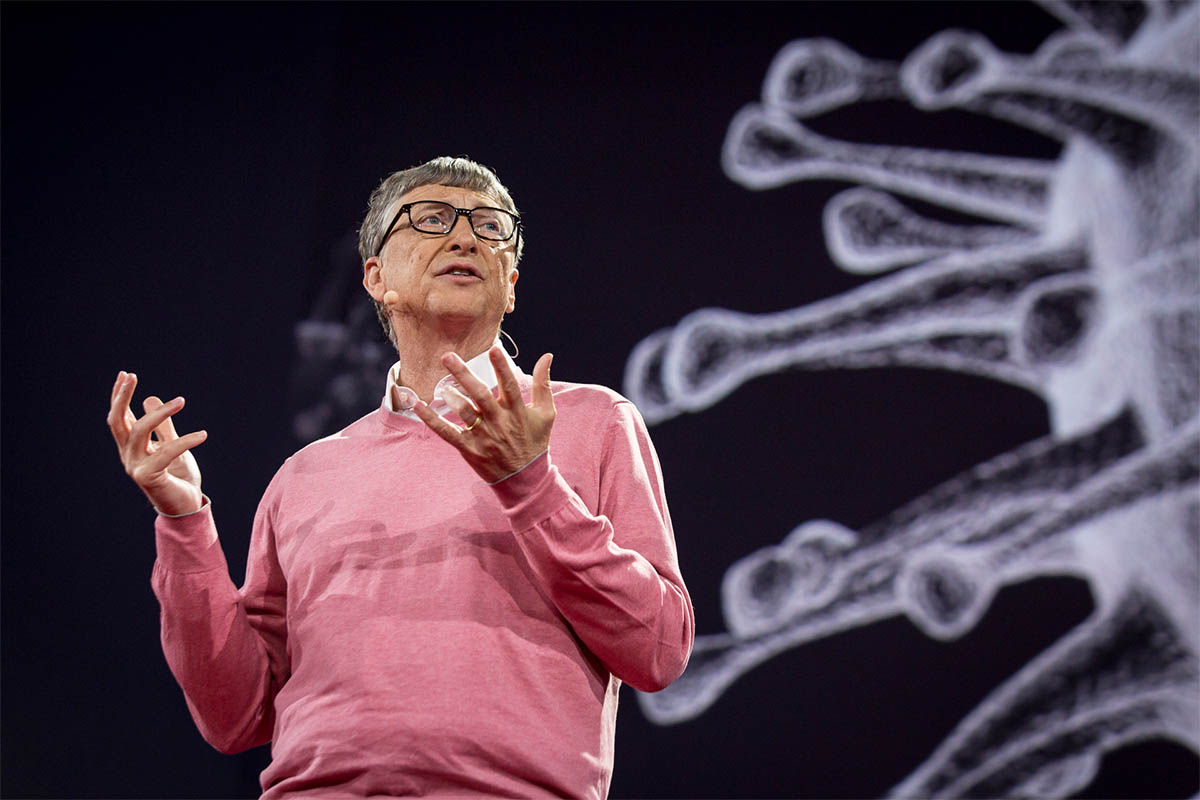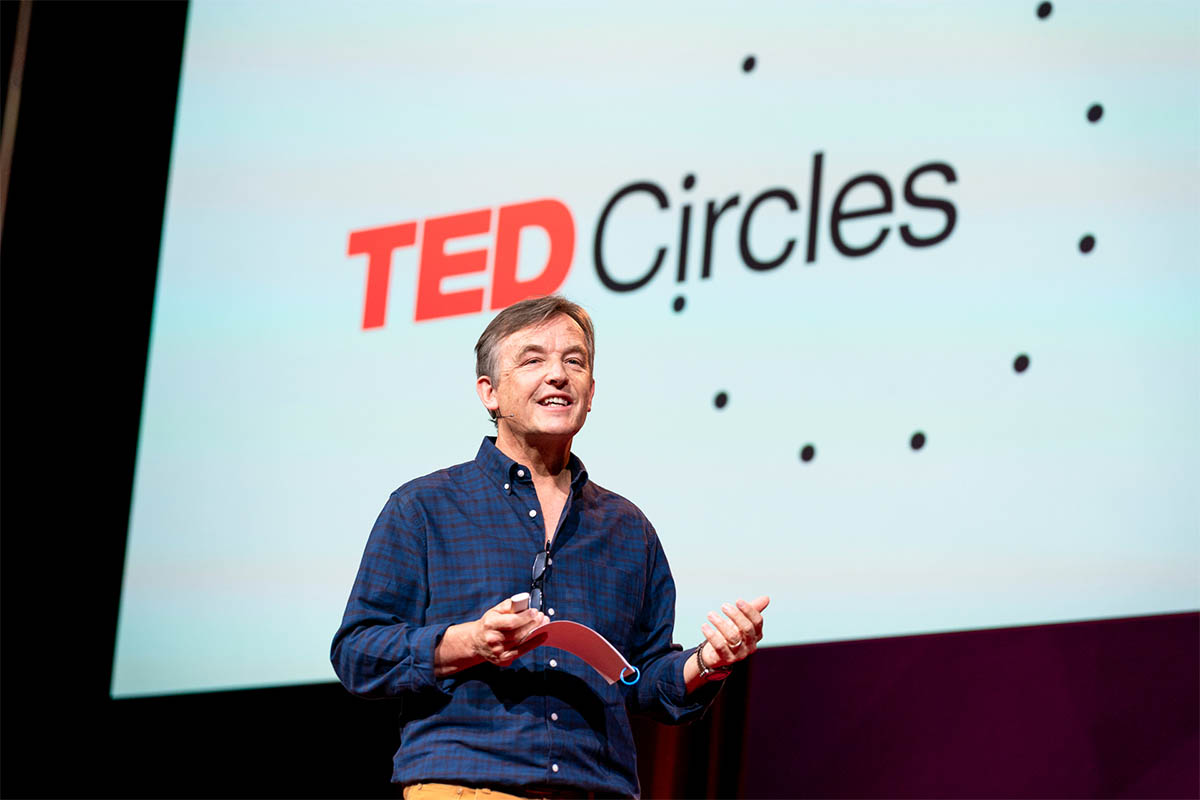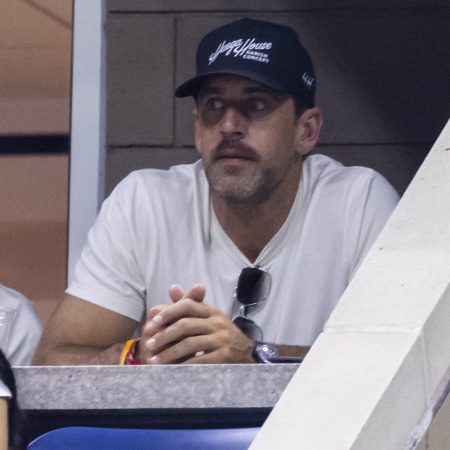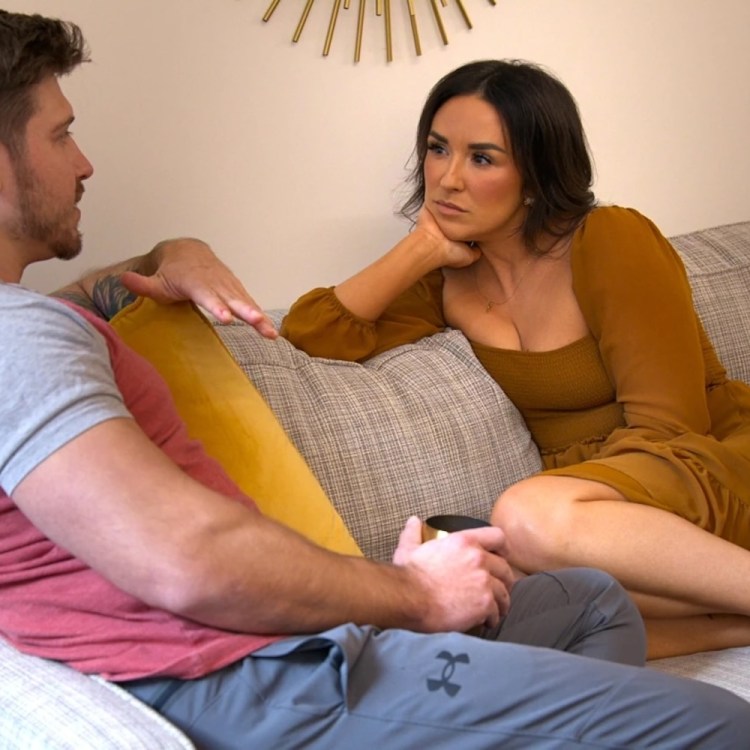“These are certainly not boring days.”
While the rest of the world is sheltering in place, Chris Anderson — the head of TED, the nonprofit that hosts informative and enlightening short talks and conferences — is continuing his organization’s laudable goal of spreading ideas (while safely keeping that mission online).
To that end, TED just launched three new talk/discussion initiatives. The most immediate is TED Connects: Community and Hope, a live-streamed conversation between Anderson, TED current affairs curator Whitney Pennington Rodgers and various global experts to discuss the COVID-19 pandemic, which starts everyday at 12 p.m. EST and is available on both the TED site and Facebook Live.
The difference between these and every other coronavirus discussion? These talks are informative, practical and reasonably worrisome, but also (a rarity in the last week) hopeful.
“It’s a determined hope,” Anderson tells InsideHook. “We’re not pie in the sky, ‘it’s all going to work out.’ There are reasons to be fearful. But we want to turn fear into something actionable. I have zero doubt humanity has the capability to use its knowledge and accumulated learnings from the last century — since the last big pandemic — and bring this under control. It’s no good to panic; the hope is to use these to help people realize they can play a part and nudge them to be part of the solution.”
The talks this week started with psychologist Susan David of Harvard (who spoke on dealing with fear) and continues today with Bill Gates (who gave a wildly accurate TED Talk on pandemics a few years back), along with South China Morning Post CEO Gary Liu, epidemiologist Seth Berkley and author Priya Parker (The Art of Gathering). These discussions aren’t just regurgitating statistics; they’re using experts in different fields from science to economics to mental health to better frame what the world is experiencing.

Along with Connects, TED is launching TED-Ed @ HOME, a daily newsletter featuring interactive, video-based lessons around subjects commonly taught in school and tagged to appropriate grade-levels. And they’re also putting an increased emphasis on the recently launched TED Circles, an open platform of small, volunteer-led groups that engage in conversations about ideas put forth in different TED Talks, which certainly won’t be able to happen with a live audience anytime soon.
Anderson, for one, seems invigorated as he hunkers down at home in New York. “With the Susan David talk today, it was about moving from fear to a sense of agency, that we can all be a part of solving this,” he says.
He’s at least hopeful enough that he doesn’t seem too worried that the number-one trending talk on TED right now is a 2002 speech by technology forecaster Stephan Petranek entitled “10 Ways the World Could End.”
“That’s not always trending, but I’m not surprised,” Anderson says, laughing. “I’ve had many conversations recently with my friend Stephen, who gave that talk. He’s actually what I’d call a deep optimist.”
This article appeared in an InsideHook newsletter. Sign up for free to get more on travel, wellness, style, drinking, and culture.

























